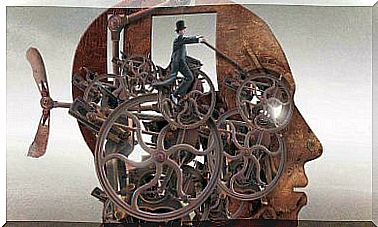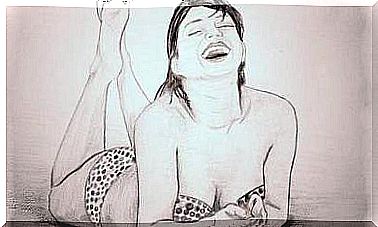Character: Internal Motivation To Do What’s Right, Not What’s Right

Character is the most important thing among all the virtues that exist, but it requires courage, honesty and loyalty to oneself. Only in this way can we sleep with a clear conscience, doing what is right at all times and not what is right, what others expect or want. Character is, therefore, an exceptional mental attitude and the essence of our personality.
We often repeat, a little lightly, that we must say everything, that such and such a person has no character and that this one, on the contrary, has too strong a character. There are also those who say that what is really attractive about humans, beyond their mere physical appearance, is character. All this therefore prompts us to conclude that we are facing a very interesting dimension, through which we categorize people.
On the other hand, it is a very common mistake to think that character and personality are synonymous. It is not the case at all. In psychology, character sets part of the basis of personality, alongside temperament and aptitudes. In fact, for a good part of the psychologists who dedicate themselves to the study of this interesting part of our personality, the character influences a lot on the rest of the psychological dimensions.
It is, to put it plainly, the fifth essence of our being.
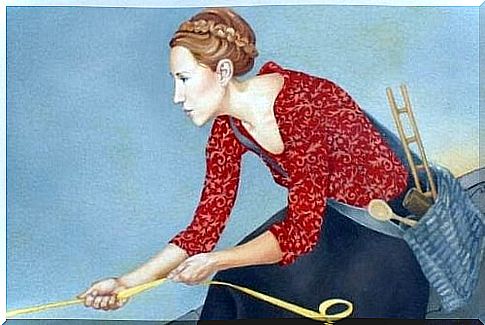
Character is our educated will
We all have strengths in our character, internal qualities that emerge when we need them most. But where do they come from? How is this psychological craft, as fascinating as that of character, built up? We could venture to say that it is a subtle combination of our genes, the environment in which we grew up and the result of lived experiences. This is what is generally stated; however, it is worth pointing out that there is something more uplifting and even inspiring.
Character is also a personal choice, a cumulative strength that finally makes us dare to be reactionaries and value our essences and our individuality by knowing what is correct at each moment and acting according to it. Aristotle himself once said that this dimension integrates moral duty on the one hand and personal inclinations on the other. Together, therefore, they should have one goal: to act on the basis of nobility, of what is good. It is only in this way that we ensure our dignity, our integrity and the well-being of society.
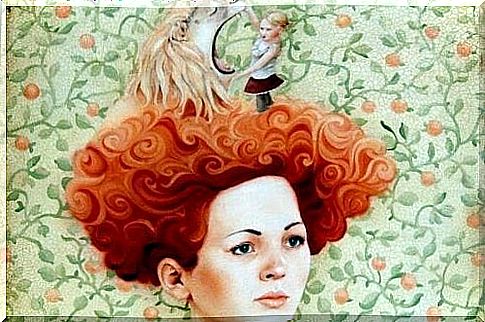
The three pillars of character
If there is one thing that we have been able to understand so far – and that we cannot lose sight of – it is that everyone is responsible for their character. Authors and great experts on the subject such as René Le Senne or Gaston Berger tell us that our character does not show itself definitively in childhood or adolescence. In fact, this complex harmony that shapes our values, feelings and attitudes takes shape over time.
Therefore, it is always good to start to “file down” certain edges of our character or to shine certain dimensions which will allow us to better cope in our daily environments.
Thus, these same authors point out that the formation of our character depends on how we interpret or approach these three very concrete dimensions. We will describe them to you.
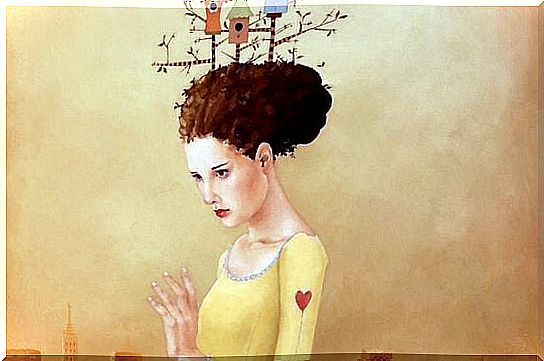
Emotionality
Emotivity refers to this ability that we have to generate certain emotions on the basis of certain stimuli. It also shapes our sensitivity and the way we react to the emotions of others. One thing that stands out about this dimension is that we do not all react the same to the same things and this difference, this nuance, also conforms our character.
There are cold characters incapable of reacting to the pain of another, and there are more sensitive characters who do not doubt, for example, to put their own life in danger to help other people.
Activity
We all guide ourselves, and we all act, on the basis of certain values, certain principles that we internalize and that we make our own. However, and this is where one of the most important nuances on the subject of character emerges, we are not all able to react to what we consider unfair or opposed to our system of values. .
For example, if I work in a restaurant and see that there is a lot of food left at the end of the day, I will turn on different pipes so that this excess does not end up in the trash but is given to people who need it. . However, there are many people who opt to stand still, look away and do not want to attract attention, limiting themselves to doing the same thing as others, even knowing that it is not right.
Resonance
Finally, there is another basic dimension to understanding how character is built: resonance. It refers to the time it takes for us to react when we see or experience certain things. For example, I just got out of a dependent and unhappy relationship. After a few months, I meet someone who has almost the same abusive personality as my ex.
There are people with low resonance who have not yet succeeded in interpreting or reacting to previous experiences in order to learn from them. Thus, they will repeat the same mistakes irreparably, will let themselves be carried away and will not build a more dignified, stronger and even healthier character.
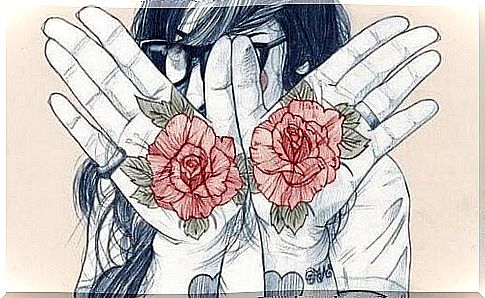
To conclude, as we said at the beginning, character is the most important of all our virtues: thanks to him, we keep the balance in the midst of the waves of adversity, we get up from our bed every day feeling stronger, more courageous and ready to do what we think is right at all times.
Therefore, let us bring together all our energies to build a character that will allow us to be freer and, above all, happy.
Images of Emily C. McPhie
